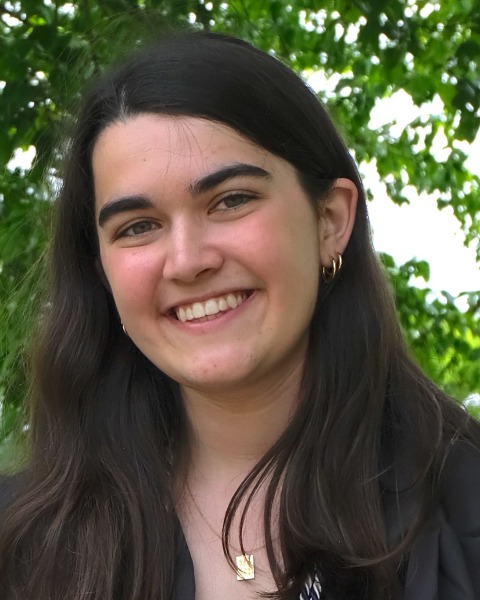Stereotactic and Functional
The role of the hippocampus in word retrieval outcome after tailored temporal lobe surgery
The Role of the Hippocampus in Word Retrieval Outcome After Tailored Temporal Lobe Surgery

Eliza Reedy, BS
Research Coordinator
University of Pittsburgh
Presenting Author(s)
Introduction: Surgical treatment of temporal lobe epilepsy (TLE) frequently includes resection of the hippocampus. Prior investigations of the neuropsychological effects of hippocampal removal in epilepsy surgery take a categorical approach – comparing outcomes of patients with hippocampal resection to those without. A full analysis of the role of the hippocampus in post-operative word finding abilities has not been conducted in the setting of tailored resections that seek to disrupt an epileptogenic network while protecting language function. For this reason, basic questions remain about the role of the hippocampus and associated structures in supporting word retrieval and recovery from word retrieval deficits.
Methods: 37 patients with intractable epilepsy underwent tailored resections in the temporal lobe (19 left-sided surgeries, 18 right-sided surgeries). Pre-operative and post-operative hippocampal volumes were extracted from T1 scans. All patients underwent neuropsychological testing before and after their surgery. Verbal learning and memory were measured with the Rey Auditory Verbal Learning Test (RAVLT), object naming was measured with the Boston Naming Test (BNT), and word reading was measured with the Wechsler Test of Adult Reading (WTAR).
Results: Both preoperative and postoperative hippocampal volumes showed considerable variation, indicating the true individual nature of tailored resections. Resection % of the left hippocampus was inversely correlated with decrease in performance on object naming(R2 = 0.46, p<.05), verbal learning(R2 = 0.49, p<.05), and verbal memory(R2 = 0.59, p<.01), but not word reading(p=.36), which does not require semantically driven word retrieval. No neuropsychological variables were correlated with resection of right hippocampus.
Conclusion : Preservation of hippocampal tissue has neuropsychological benefits even in cases of partial resection, indicating the importance of tailored resections to preserve language function. These findings provide initial evidence towards a role of the left hippocampus in supporting preservation or recovery of word retrieval after temporal lobe surgery.
Methods: 37 patients with intractable epilepsy underwent tailored resections in the temporal lobe (19 left-sided surgeries, 18 right-sided surgeries). Pre-operative and post-operative hippocampal volumes were extracted from T1 scans. All patients underwent neuropsychological testing before and after their surgery. Verbal learning and memory were measured with the Rey Auditory Verbal Learning Test (RAVLT), object naming was measured with the Boston Naming Test (BNT), and word reading was measured with the Wechsler Test of Adult Reading (WTAR).
Results: Both preoperative and postoperative hippocampal volumes showed considerable variation, indicating the true individual nature of tailored resections. Resection % of the left hippocampus was inversely correlated with decrease in performance on object naming(R2 = 0.46, p<.05), verbal learning(R2 = 0.49, p<.05), and verbal memory(R2 = 0.59, p<.01), but not word reading(p=.36), which does not require semantically driven word retrieval. No neuropsychological variables were correlated with resection of right hippocampus.
Conclusion : Preservation of hippocampal tissue has neuropsychological benefits even in cases of partial resection, indicating the importance of tailored resections to preserve language function. These findings provide initial evidence towards a role of the left hippocampus in supporting preservation or recovery of word retrieval after temporal lobe surgery.

.jpg)